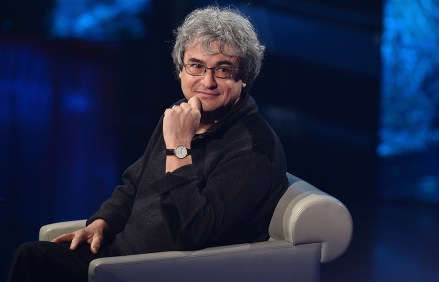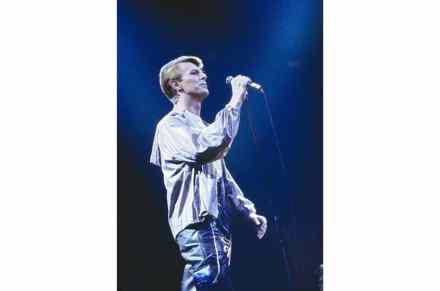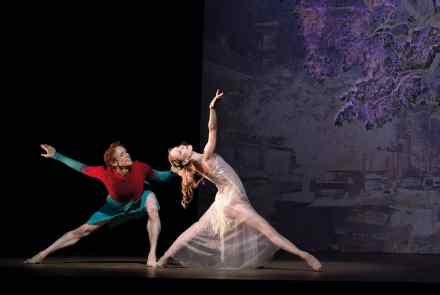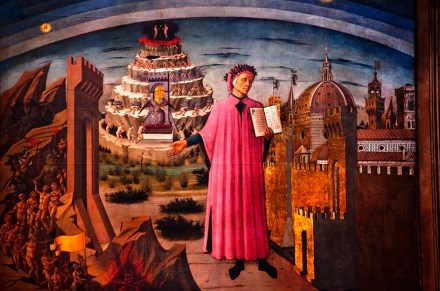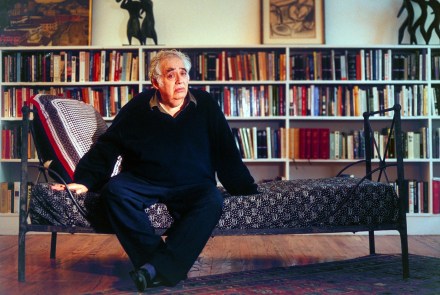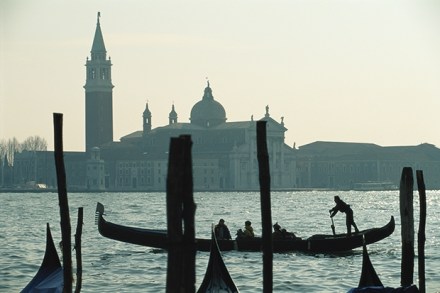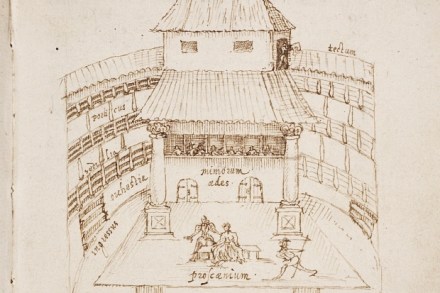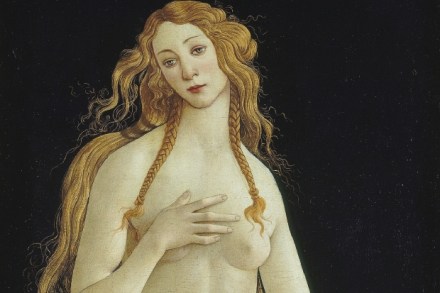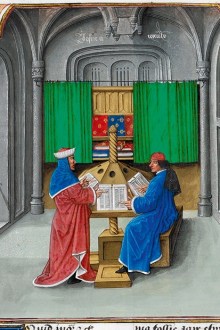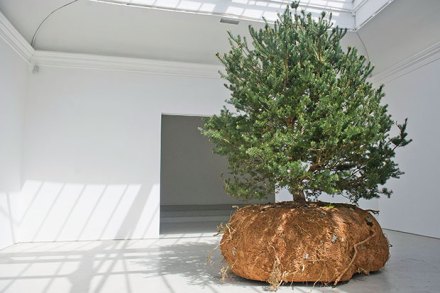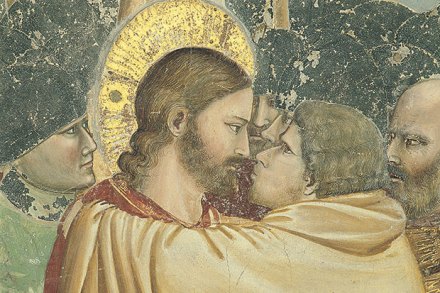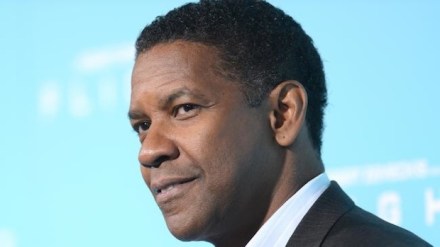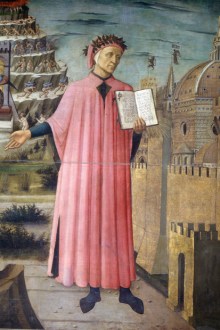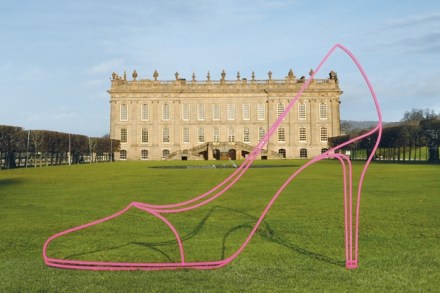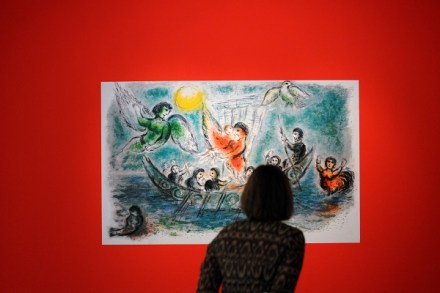Now imagine a white hole – a black hole’s time-reversed twin…
There are many ways to measure the course of human history and each will give an insight into one or more of the various qualities that have made us the most successful great ape. Every major advance, whether in war or art or literature, requires imagination, that most amazing of human capacities, and the ability to ask ‘What if?’ – to take the world from a different perspective. Nowhere is this more apparent than in the history of science. While there is an inherent provincialism in revolutions in art and literature, progress in science is universal, and moves, like Dante’s Hell, in concentric circles of ever deeper understanding. It is
